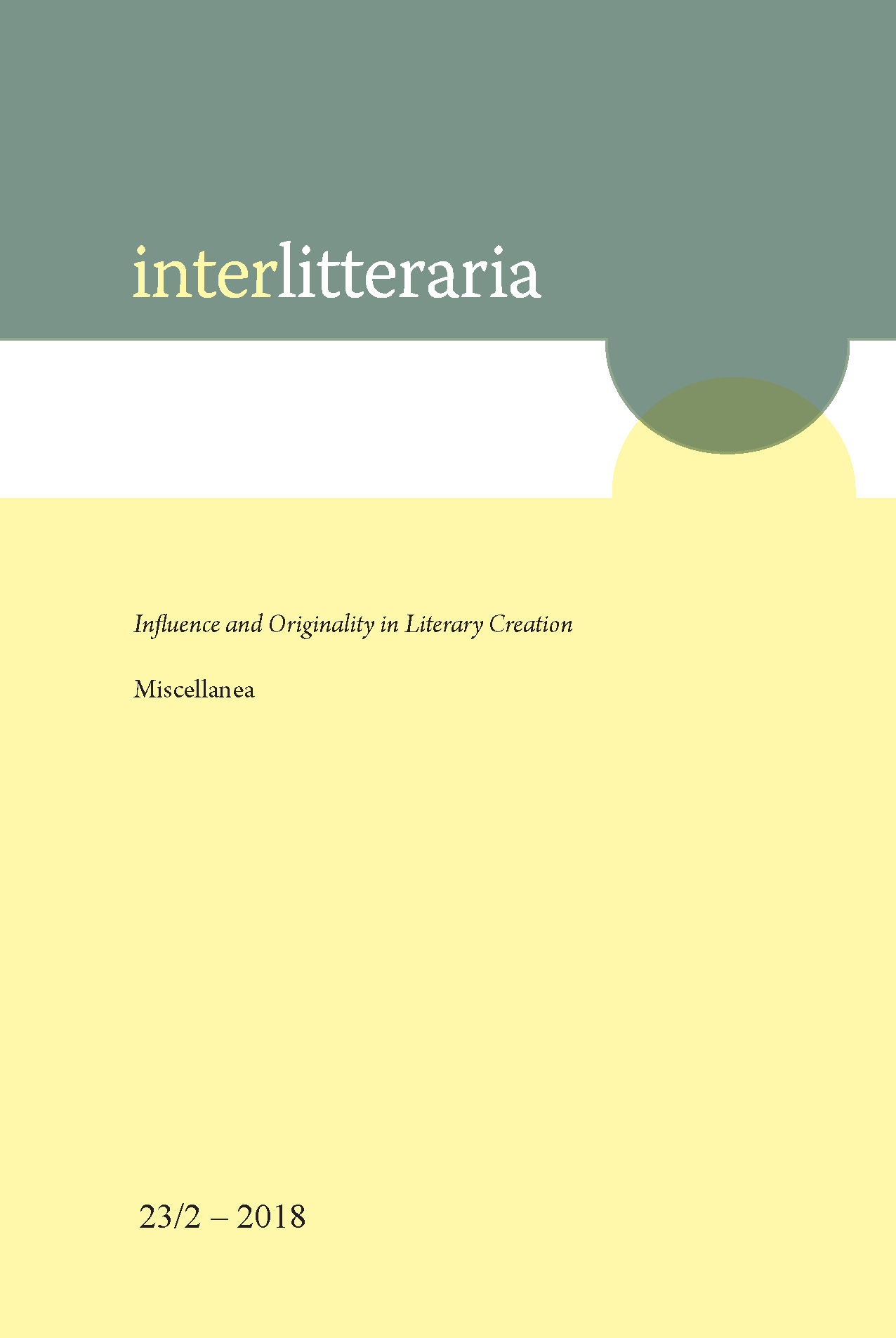Poetic Dialogue from the Periphery of World Literature: Goethe’s Faust and the Korean Novel Kumo-shinwha
Poetic Dialogue from the Periphery of World Literature: Goethe’s Faust and the Korean Novel Kumo-shinwha
Author(s): Young-AE ChonSubject(s): Comparative Study of Literature, German Literature, Other Language Literature, Theory of Literature
Published by: Tartu Ülikooli Kirjastus
Keywords: poetic dialogue; Faust and Helen; Kumo-shinwha; Genji Monogatari; Xixiangji; palindrome; Manfred Winkler; Fuad Rifka; Galsan Tschinag;
Summary/Abstract: A short but cardinal passage of Goethe’s Faust is the rhymed dialogue between Faust and Helen at their first encounter: the depiction of the very idealistic encounter consists of the process by which the ancient Greek mythical figure Helen learns about the difference and charm of the German poetic language, as well as its formal practices explained and guided by Faust. This passage is not only a description of the meeting of Helen and Faust but also, at the same time, verses on poetry and poetics. This remarkable passage leads us to look into other cases in world literature. With this inquiry I have found out many similar cases in the literature of my own country and of other East Asian countries, Japan and China. As an example, here is presented a highly sublime poetic dialogue, drawn from an outstanding work of premodern Korean literature, the very first Korean “novel” Kumo-shinhwa, from the mid-fifteenth century: an exchange of ekphrasis, verses of picture description. With its perfect, more than perfect, rhyme, the poetic dialogue presents the symbolized union of two persons as a matter of course.
Journal: Interlitteraria
- Issue Year: XXIII/2018
- Issue No: 2
- Page Range: 312-320
- Page Count: 9
- Language: English

